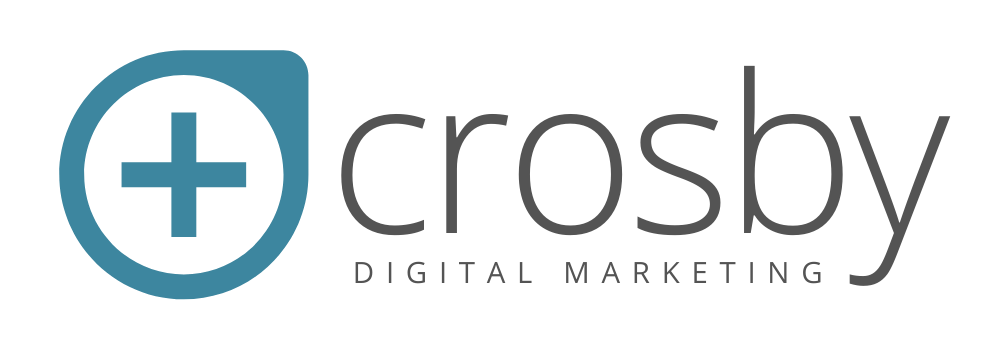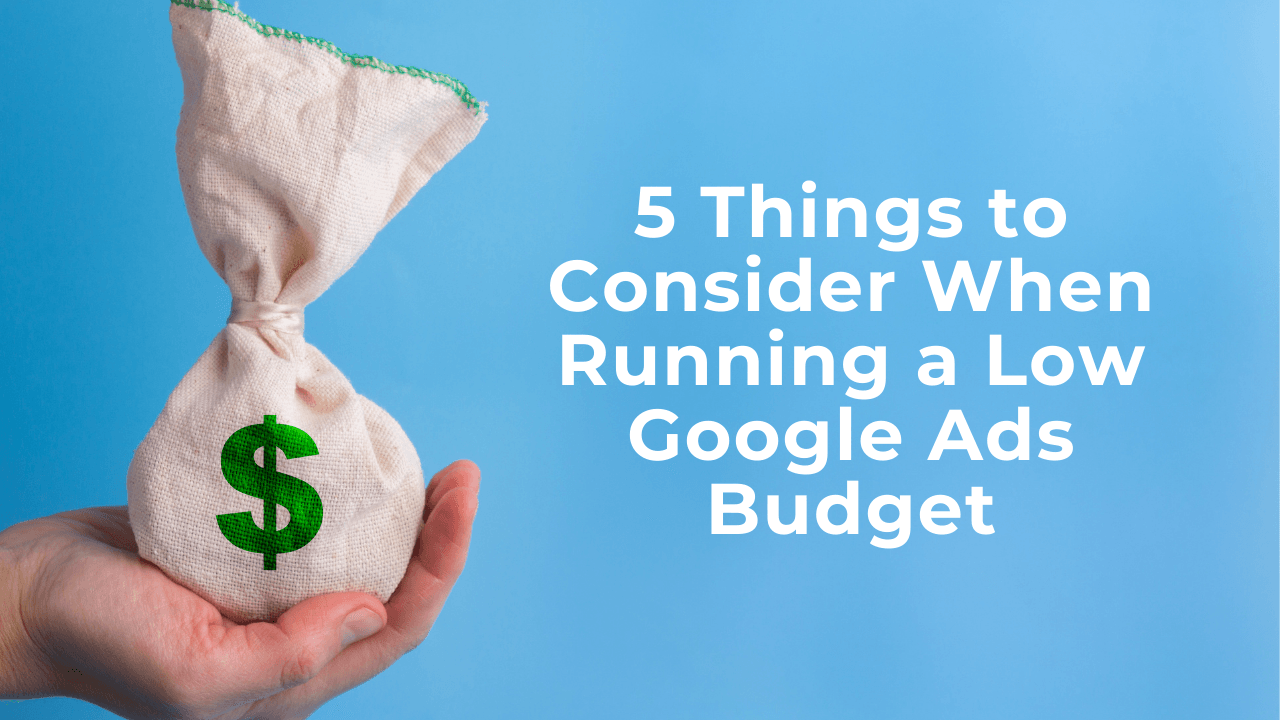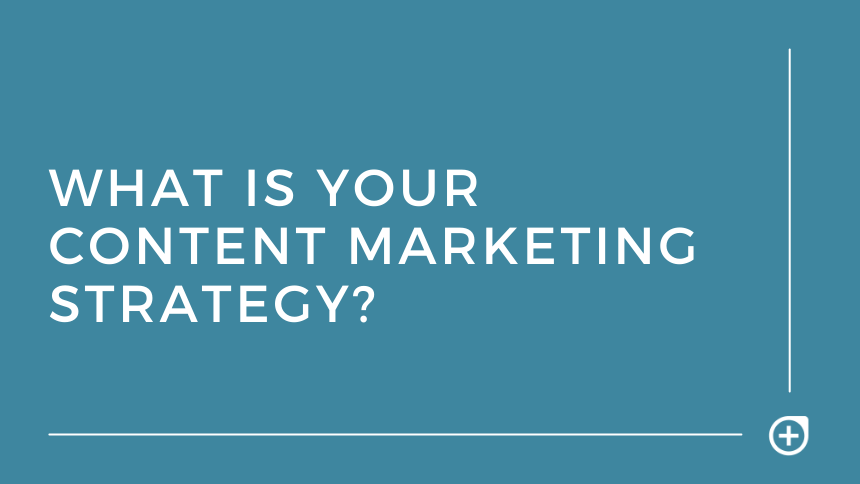5 Things to Consider When Running a Low Google Ads Budget
Google Ads can be an excellent way to get more business, especially if you have a decent budget and the know-how to manage your campaign. By advertising on Google search, you can show your ads to people who are already looking for your services by bidding on relevant keywords.
For instance, an optometrist in Nashville should bid on keywords such as “optometrist in Nashville” and “optometrist near me.” These are popular searches that the optometrist would want to bid on so that their ads would show up at the top of the Google search whenever someone types these keywords into the search bar. These keywords average about $7 to $8/click in my area, so anytime someone searches these terms and clicks on your ad, you can expect to pay up to $8-ish dollars.
Since I work primarily with small businesses on their advertising and marketing campaigns, I often manage campaigns with relatively low budgets. And the budget is usually the first thing that comes up when speaking with a client. “How much should we spend?” Some industries like attorneys, insurance, and mortgages have extremely expensive cost-per-clicks (CPC), or the amount you pay when someone clicks on your ad. These industries can have CPCs of $50+. Other industries, such as our example above, have much lower CPCs ranging from $3 to $5.
It’s 100% dependent on the industry when we talk about a Google Ads campaign budget. Some businesses can get away with $500/month. Others need $10,000/month to show their ads on page one of the Google search. The geographic area is also a factor to consider when it comes to budgeting for Google Ads. Pell City, Alabama, will have a much lower CPC than Orlando, Florida.
If you are running a low budget in your Google Ads campaign, consider these 5 items to increase your chances of a successful campaign.
1. Use negative keywords:
As your campaign begins getting search term data (the searches people actually type into the search bar on Google), make sure you stay on top of your negative keywords. When your campaign is just getting started, you’ll probably see some search terms that you know won’t lead to relevant conversions, such as competitor names or searches related to people looking for jobs or training in your industry.
2. Limit days and/or times you run ads:
Once you have some data in your campaign, you can begin limiting the days and times that your campaign is running. If you have a $500/month budget, your daily budget would be around $17 if you run ads every day. By pausing your ads 2 days a week, you could increase your daily budget 32% on the days your campaign is running, thereby allowing for more clicks and keeping your campaign from running out of budget before the end of the day. This also works with the time of day. You can use campaign data to run ads during specific times of the day and shut them off when you know that the number of clicks and conversions drops considerably.
3. Control your keywords:
You have to run a tight keyword list if you are running a low-budget campaign. Any clicks that your campaign gets take a giant bite out of your available daily ad spend. Instead of running broad keywords that could drive non-relevant searches, tighten your keywords to exact match and extremely relevant phrase match to ensure you are receiving relevant searches and not wasting budget. Your volume of clicks will go down, but your relevancy will increase significantly.
4. Setup conversion tracking:
If you are running a campaign to get more business or leads, set up conversion tracking. There’s no way to know if your ad campaign is effective if you’re unable to see which keywords and ads are driving new business. With a small budget, every click and every conversion counts, so make sure you have proof that your campaign is performing well by tracking conversions.
5. Review and tighten your location targeting:
If you are running targeting in multiple zip codes or cities, review your location targeting to see which areas produce the best results. Since we’re talking about low-budget campaigns, we have to do everything in our power to drive campaign performance without waste, and that may mean removing certain areas that are underperforming. By tightening our target areas, we have more budget to put towards areas already performing well.
A Google Ads Manager can help maximize your budget
If you are running a Google Ads campaign and are on a tight budget, consider the items above when optimizing your campaign. There’s a lot of data to look through to determine the right path to take, but these can at least steer you in the right direction.
If you’re fed up with underperforming Google Ads campaigns or simply don’t have time to build and manage your campaign, I can help. I work with small businesses to set up and manage Google Ads campaigns. If you’re not sure how much to put towards your campaign, I can offer insight into effective ways to spend your money that will produce the best return on ad spend (ROAS). I can help set up and track conversions, so you know where your money is going. I can offer insight into webpage optimization that will increase your ad campaign effectiveness and drive more customers to buy your services.
Contact Joe at
615-249-8488 to learn more.



